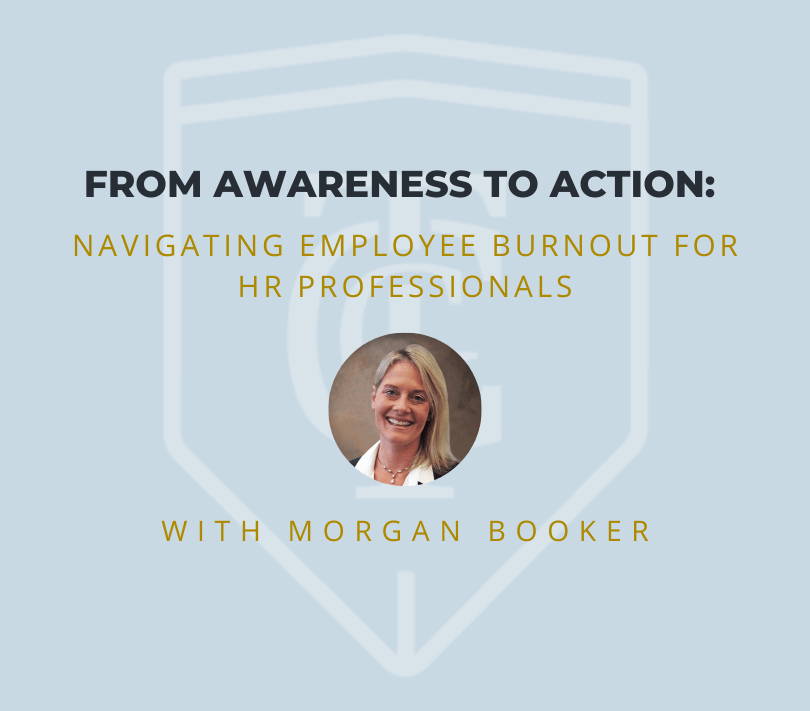In today’s fast-paced and competitive work environment, employee burnout has emerged as a significant concern for organizations across various industries. Burnout is not just a passing phase of stress; it is a state of chronic physical and emotional exhaustion that negatively impacts an individual’s well-being and job performance. Recognizing and addressing burnout is essential for maintaining a healthy and resilient workforce.
Understanding Employee Burnout
Employee burnout is the result of prolonged and intense workplace stress. It typically arises from a combination of factors, including high job demands, limited control over work, inadequate support systems, and a lack of work-life balance. In many cases, employees who are passionate about their work or dedicated to their responsibilities are more susceptible to burnout due to the tendency to overextend themselves.
Signs of Employee Burnout
- Recognizing the signs of burnout is crucial for early intervention. Common symptoms include:
- Physical and emotional exhaustion: Employees may feel drained, fatigued, and emotionally overwhelmed.
- Decreased job performance: Burnout often leads to reduced productivity, decreased focus, and an increase in errors or mistakes.
- Increased cynicism and detachment: Employees may become disengaged, cynical, or emotionally detached from their work and colleagues.
- Physical health issues: Burnout can manifest in various physical symptoms such as headaches, stomach problems, or weakened immunity.
- Emotional instability: Employees may experience mood swings, irritability, and increased sensitivity to criticism.
Navigating Employee Burnout: Strategies for Employees
- Self-awareness: Pay attention to your emotions, stress levels, and physical well-being. Identifying early signs of burnout allows for timely intervention.
- Set boundaries: Establish clear boundaries between work and personal life. Avoid overworking and prioritize self-care activities.
- Seek support: Engage in open conversations with supervisors or colleagues about your feelings and challenges. A supportive network can make a significant difference.
- Prioritize tasks: Focus on high-priority tasks and break down larger projects into manageable chunks to reduce feelings of overwhelm.
- Take regular breaks: Incorporate short breaks throughout the workday to recharge and refocus.
Navigating Employee Burnout: Strategies for Employers
- Foster a positive work culture: Create an environment that values employee well-being and encourages open communication about stress and burnout.
- Provide resources for support: Offer access to counseling services, stress management workshops, and wellness programs.
- Encourage work-life balance: Implement flexible work arrangements when possible, allowing employees to better balance personal and professional responsibilities.
- Promote regular breaks: Encourage employees to take breaks and vacations, emphasizing the importance of rest and relaxation.
- Recognize and reward achievements: Acknowledge employees’ hard work and contributions to boost morale and motivation.
In the relentless pursuit of success and productivity, employee burnout has emerged as a formidable obstacle for organizations worldwide. However, by recognizing the signs of burnout and implementing proactive strategies, both employees and employers can navigate this issue with greater efficiency and foster a workplace that prioritizes well-being. A resilient workforce is the foundation for sustainable growth and success in the long run.
About Morgan Booker
 Morgan has over 18 years of Talent Acquisition, Employee Relations, and Human Resource Business Partner experience. She joined The Christopher Group in 2022 as a Recruiting Manager. Morgan’s focus is partnering with executive Human Resources candidates across the United States to fill Human Resources executive roles.
Morgan has over 18 years of Talent Acquisition, Employee Relations, and Human Resource Business Partner experience. She joined The Christopher Group in 2022 as a Recruiting Manager. Morgan’s focus is partnering with executive Human Resources candidates across the United States to fill Human Resources executive roles.
Prior to joining TCG, Morgan received her Bachelor’s Degree in Business from Purdue University and worked as a Human Resource Business Partner for a defense contractor in the manufacturing sector. She specialized in talent acquisition, employee relations, conflict resolution, employee development, wellness programs, Workday and ADP HRIS, policy compliance, and HR Data analysis. Morgan holds her Professional in Human Resources (PHR) and Society for Human Resource Management – Certified Professional (SHRM-CP) certifications. She is also certified in the Korn Ferry Leadership Architect. Learn more about Morgan by visiting her bio page.

